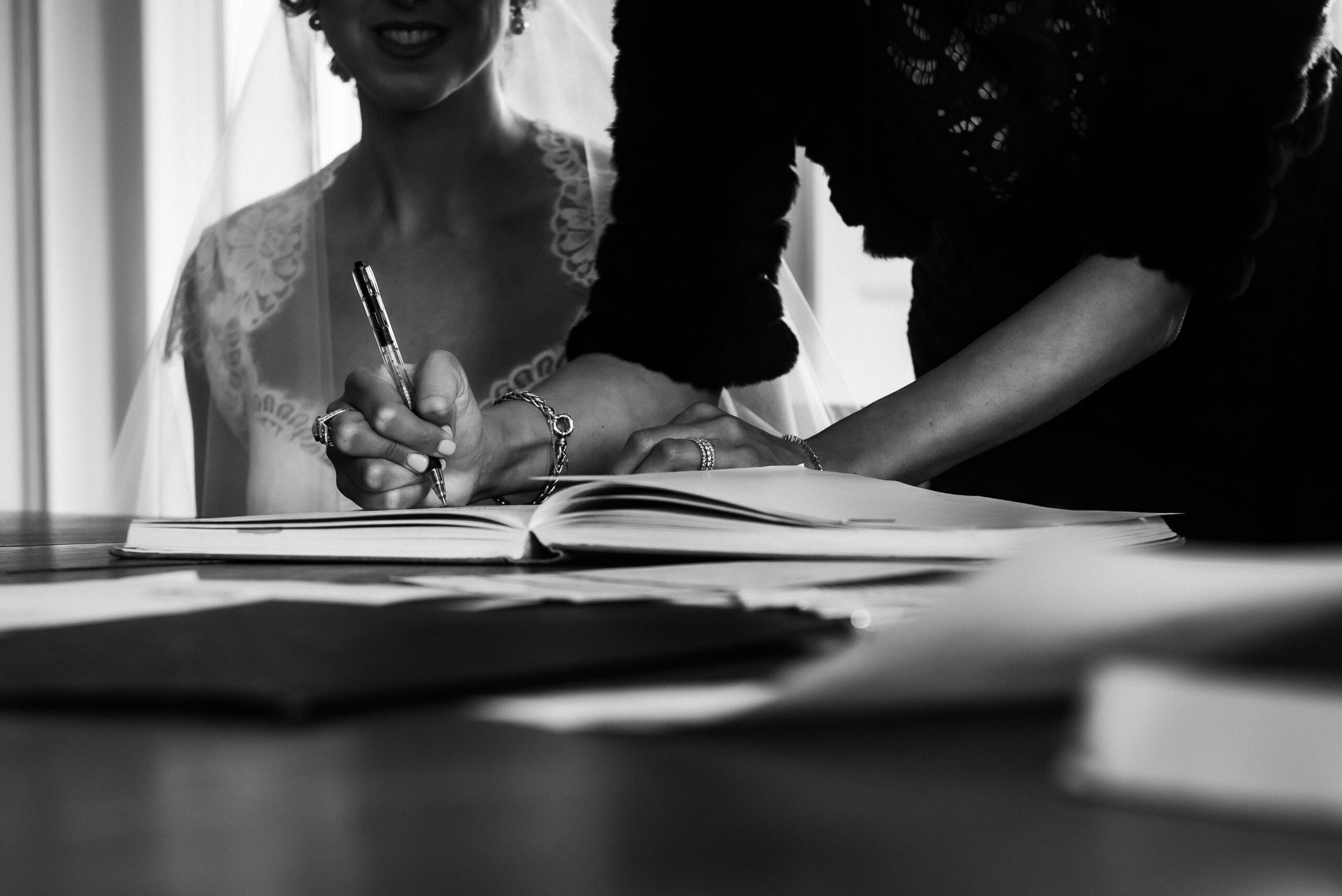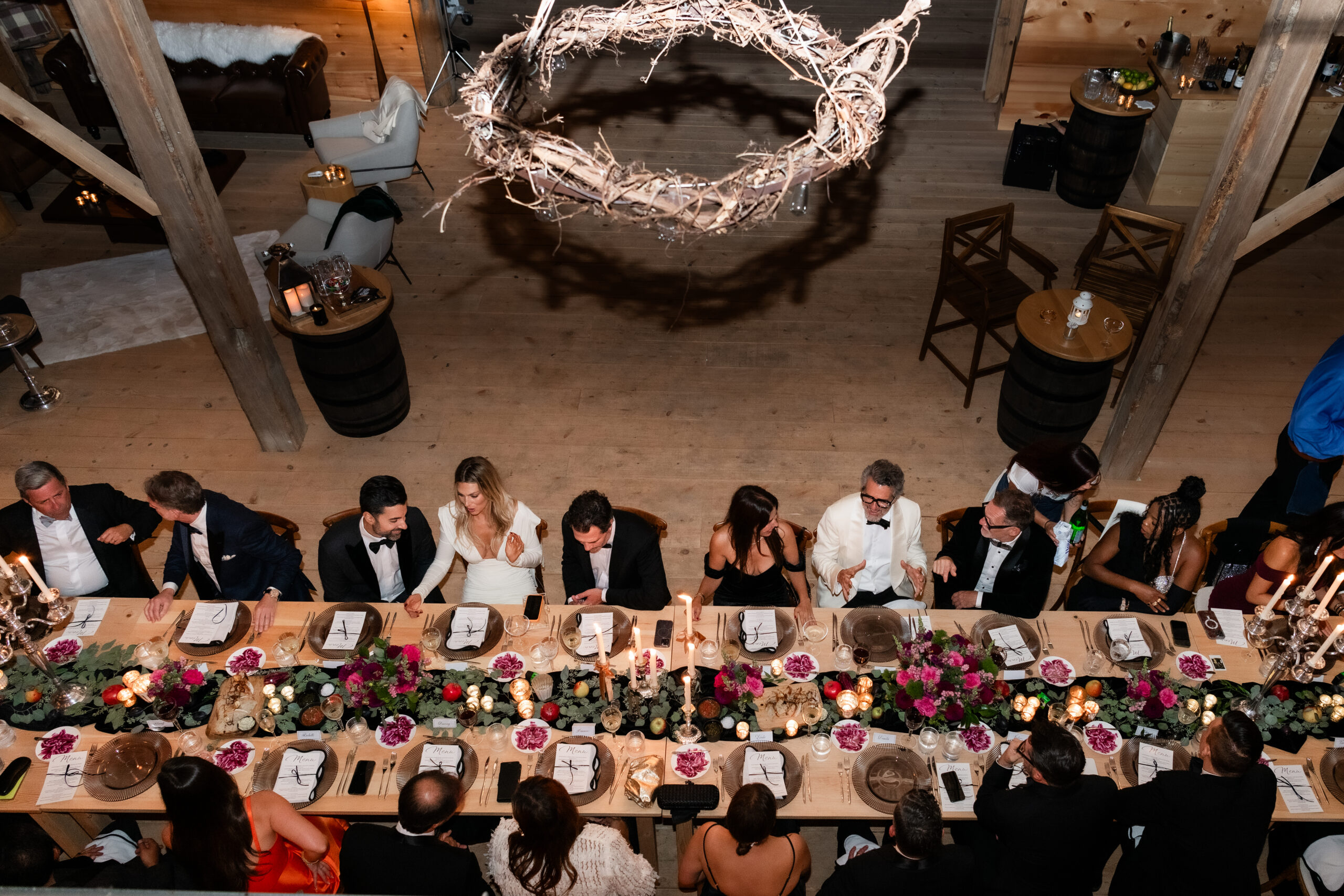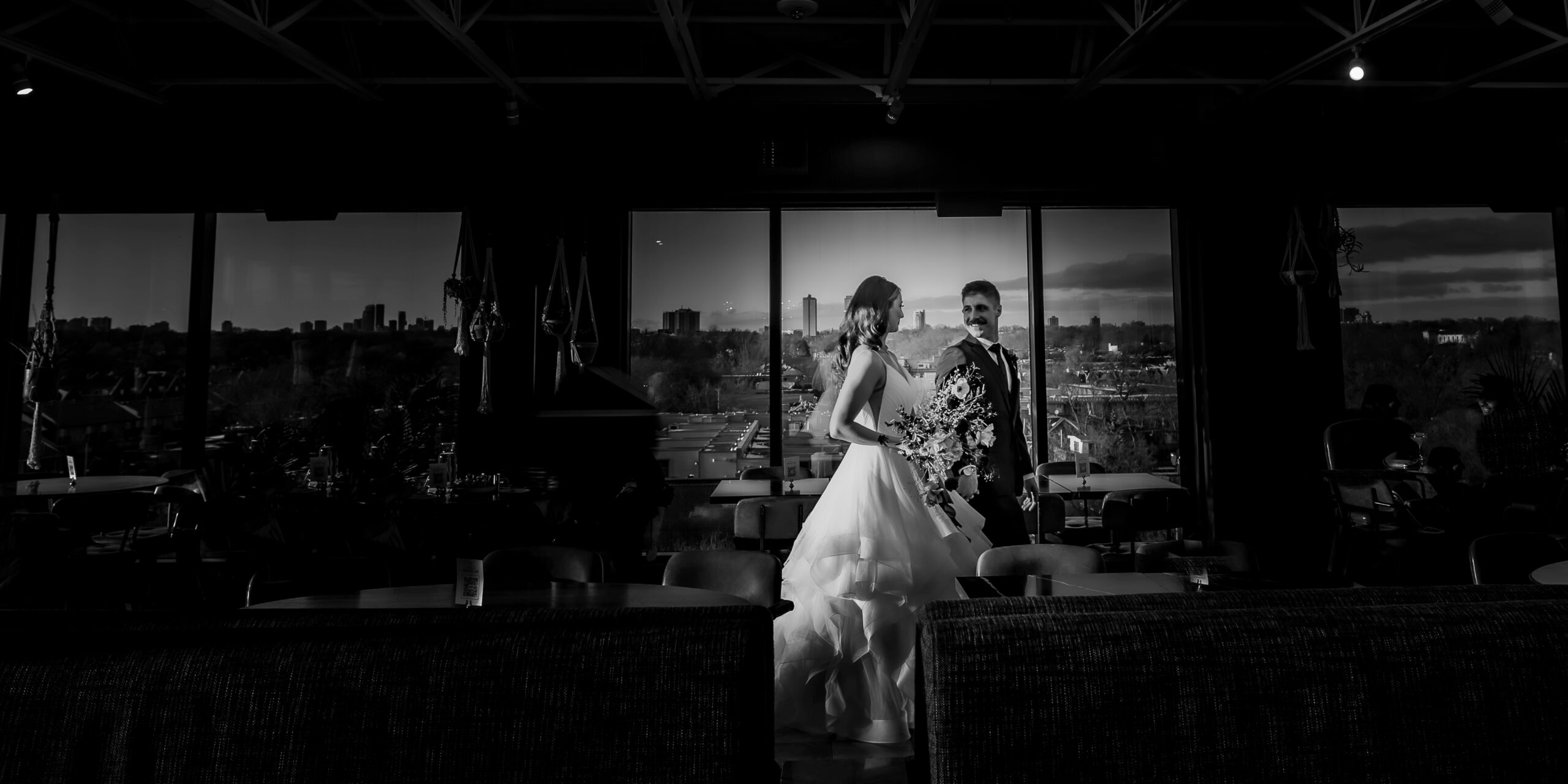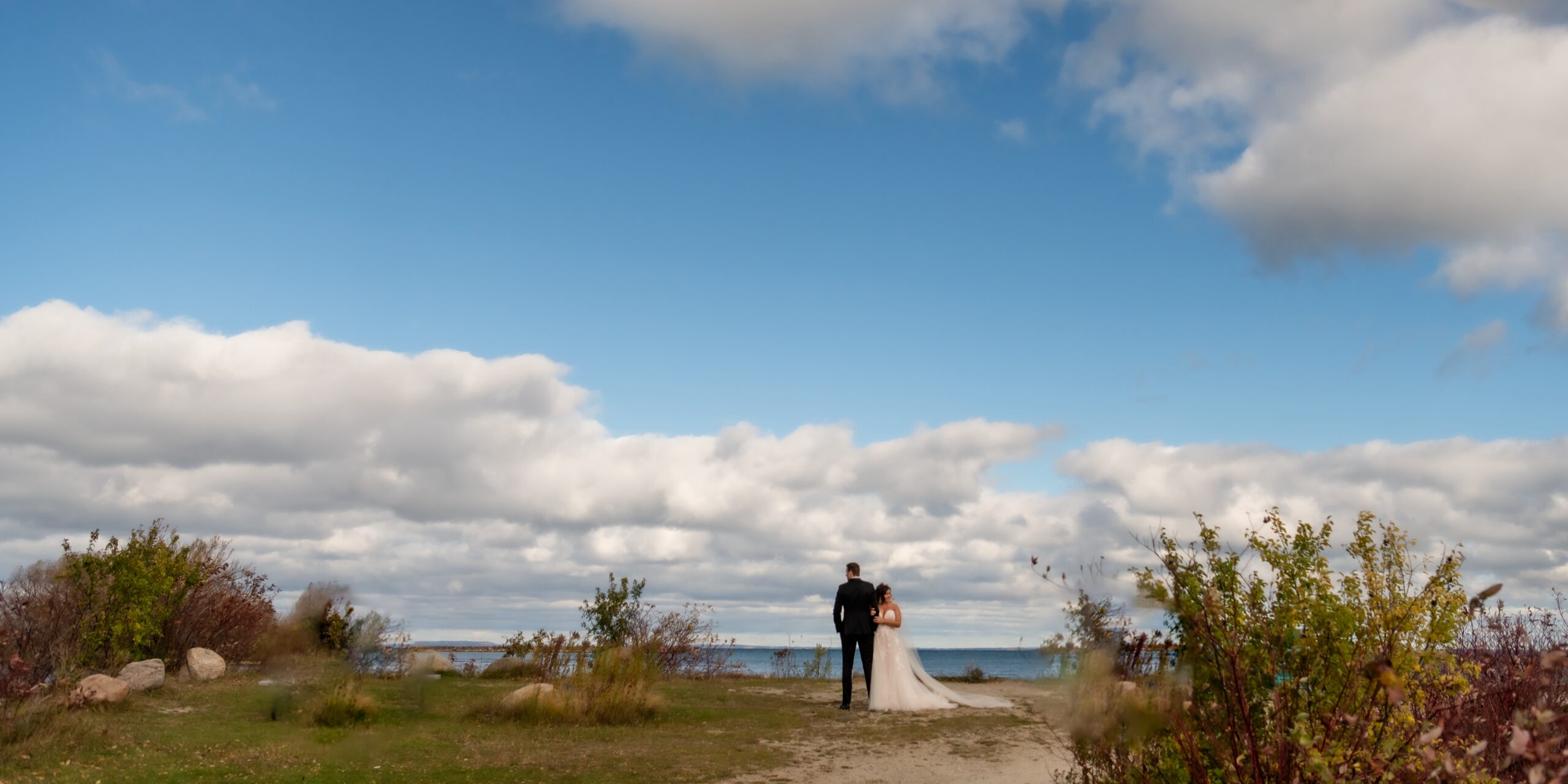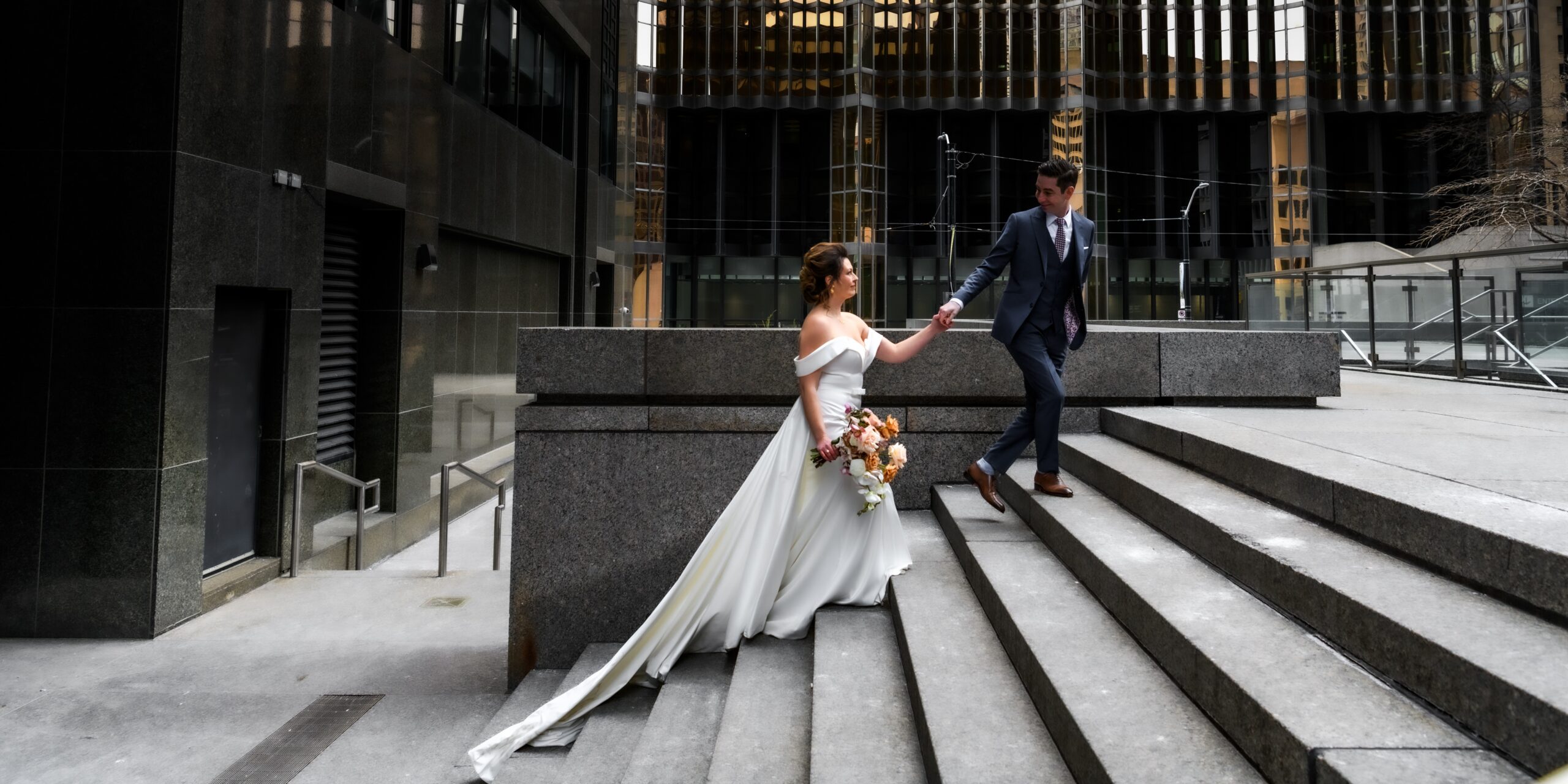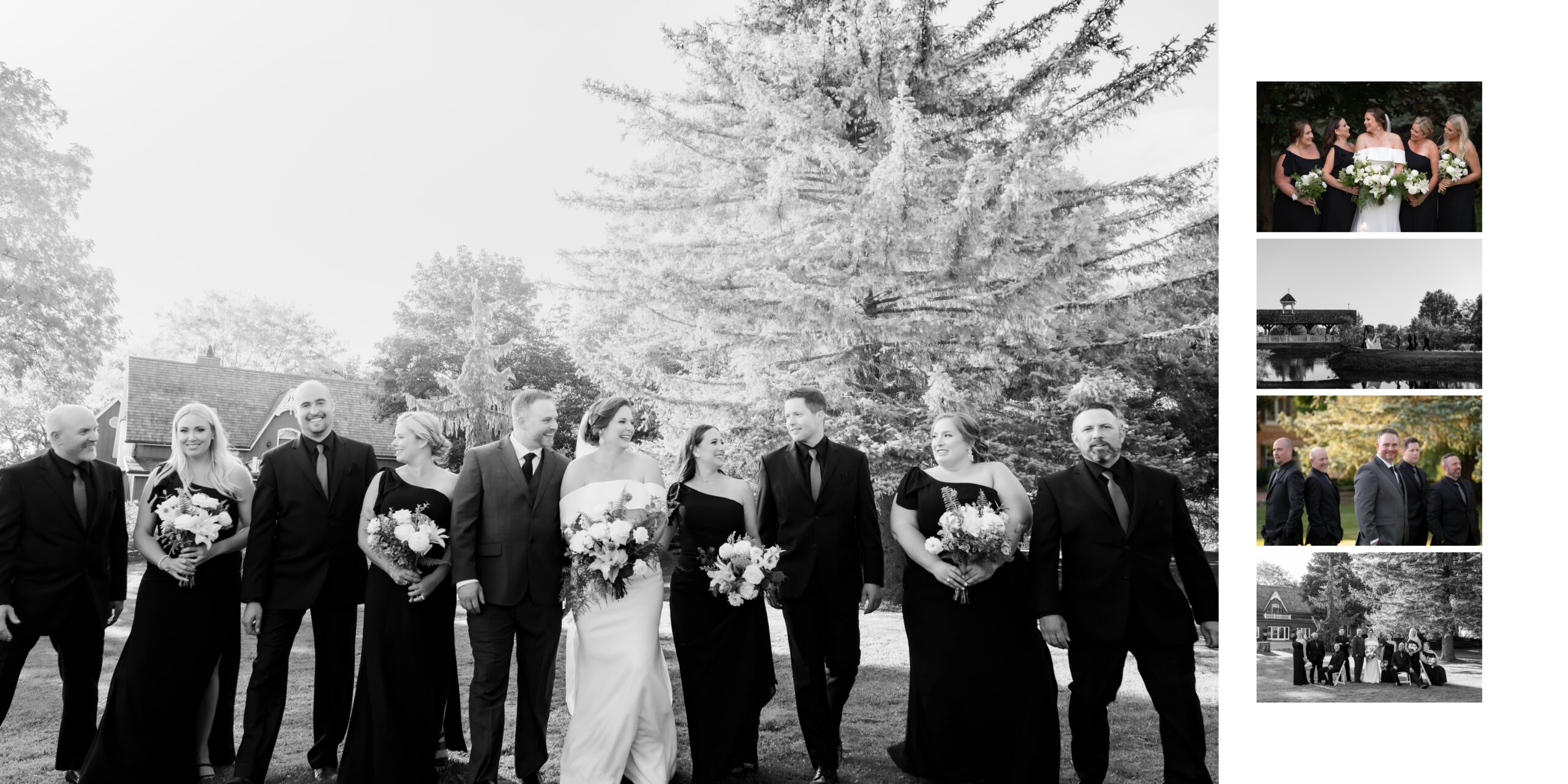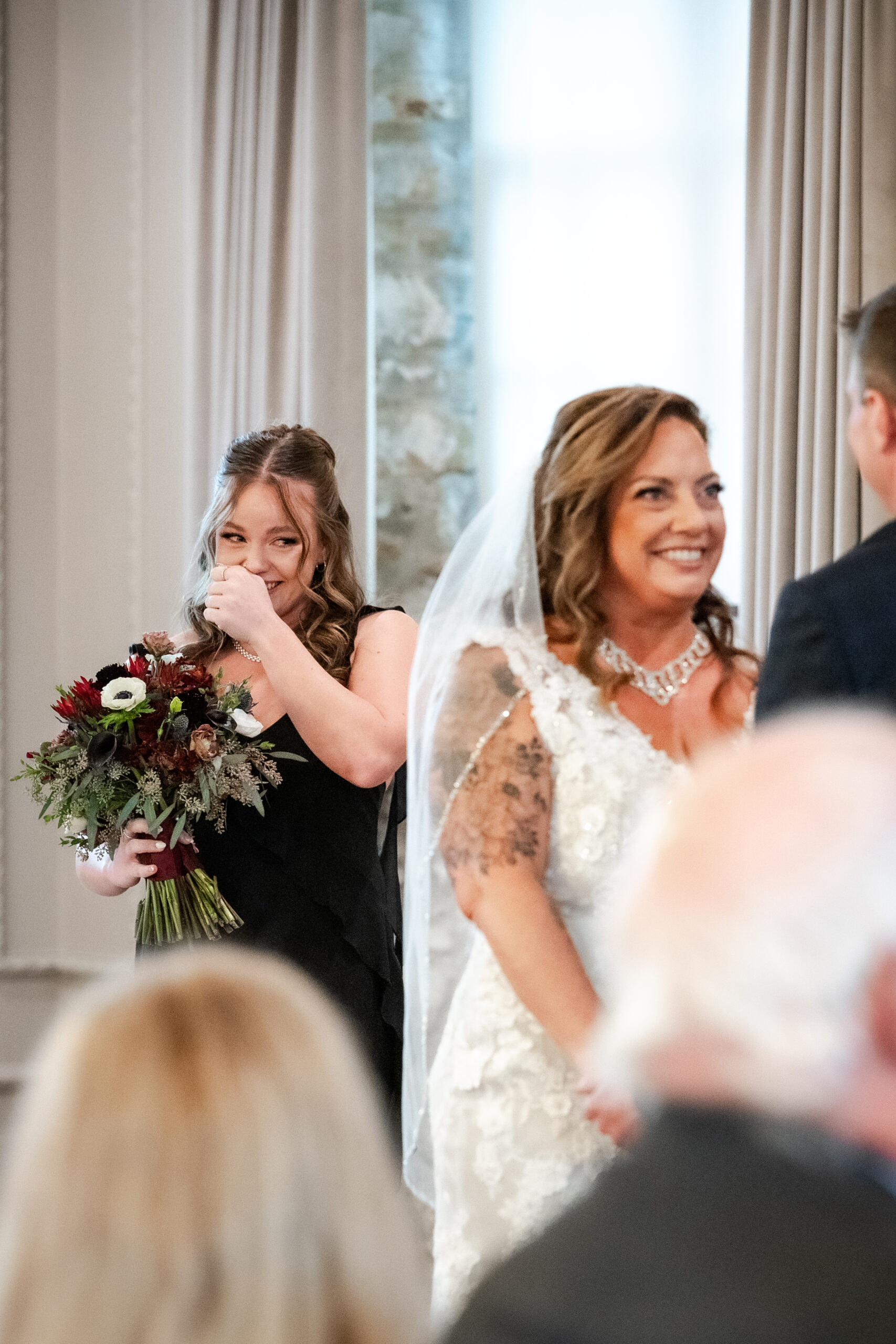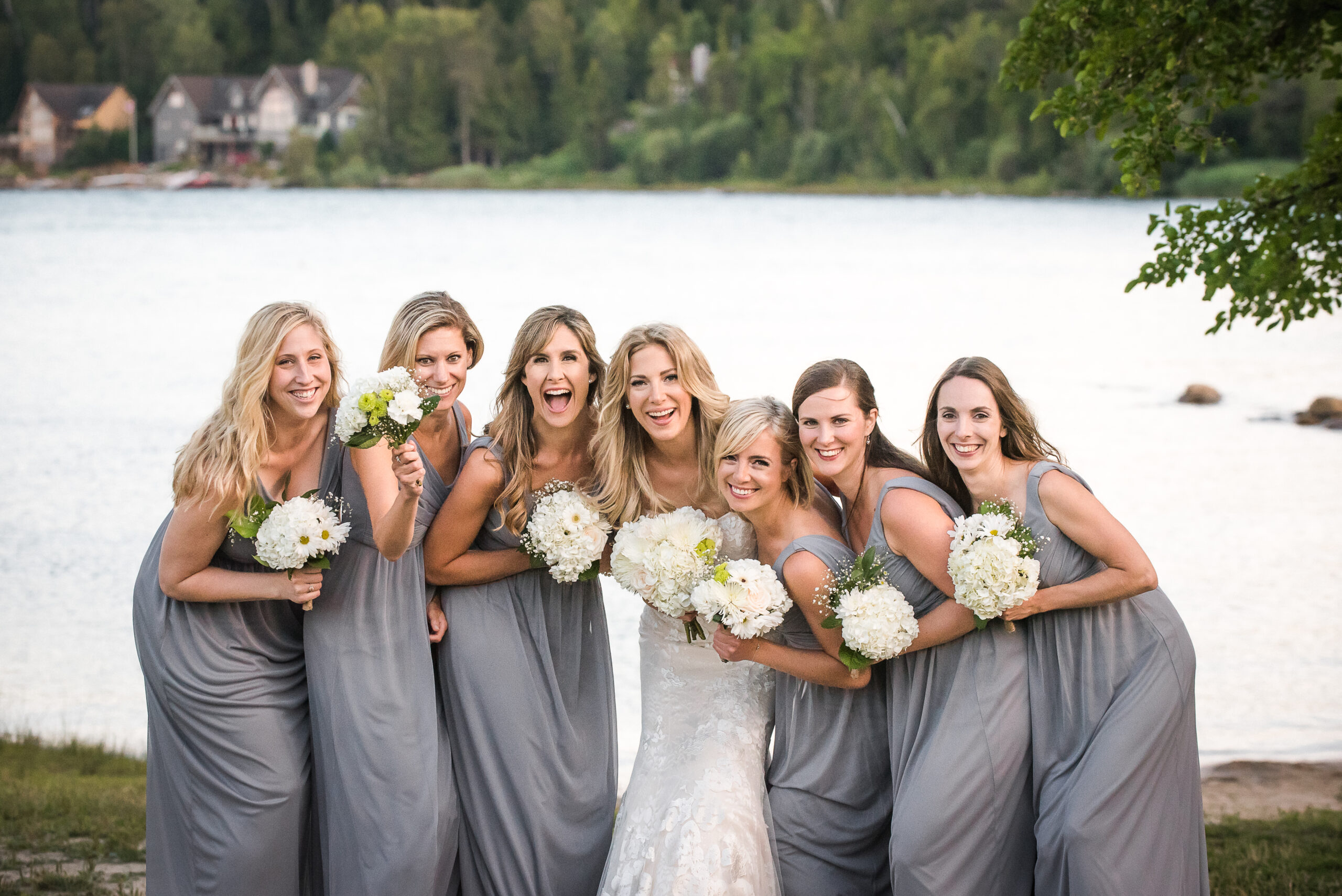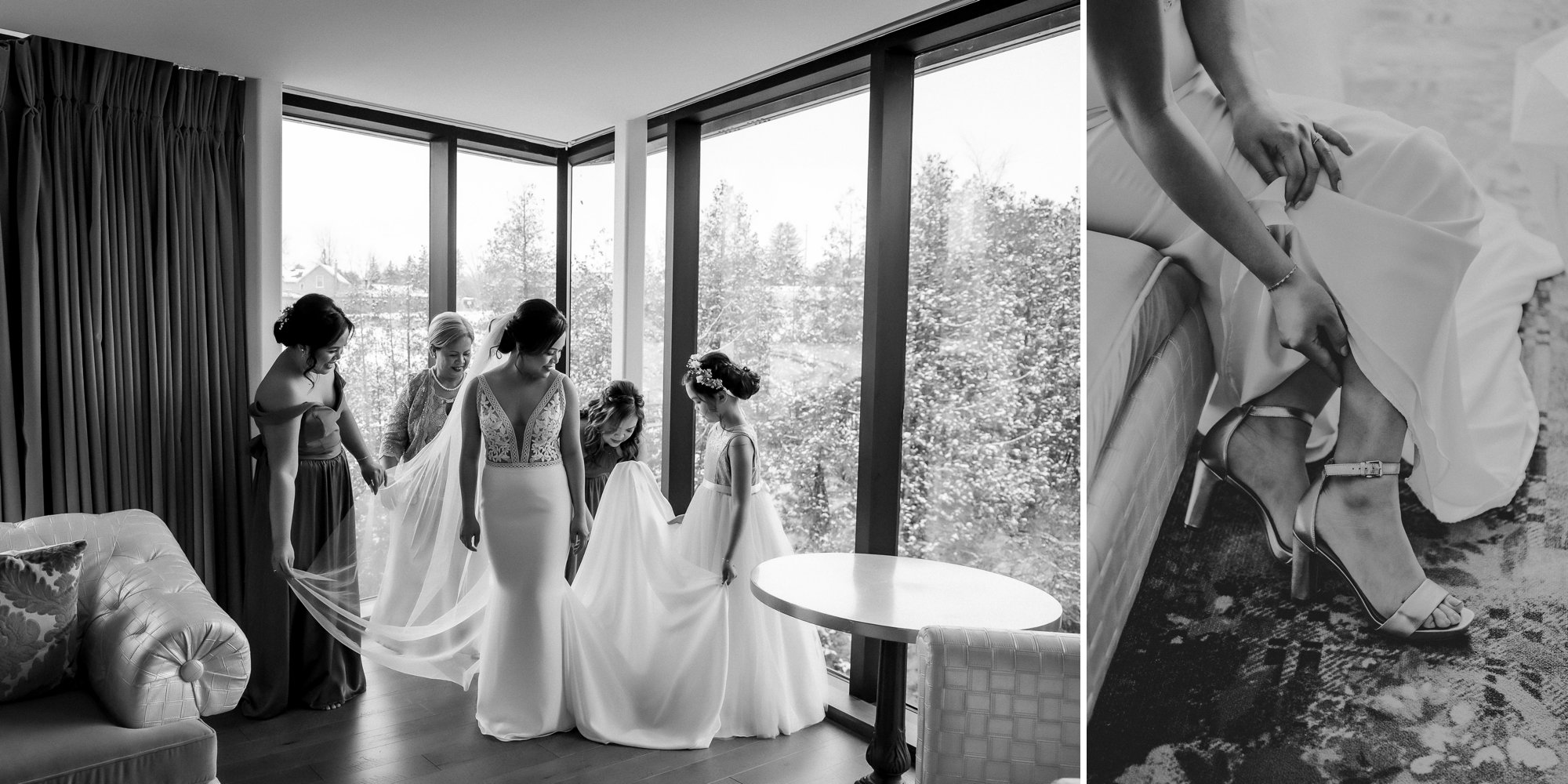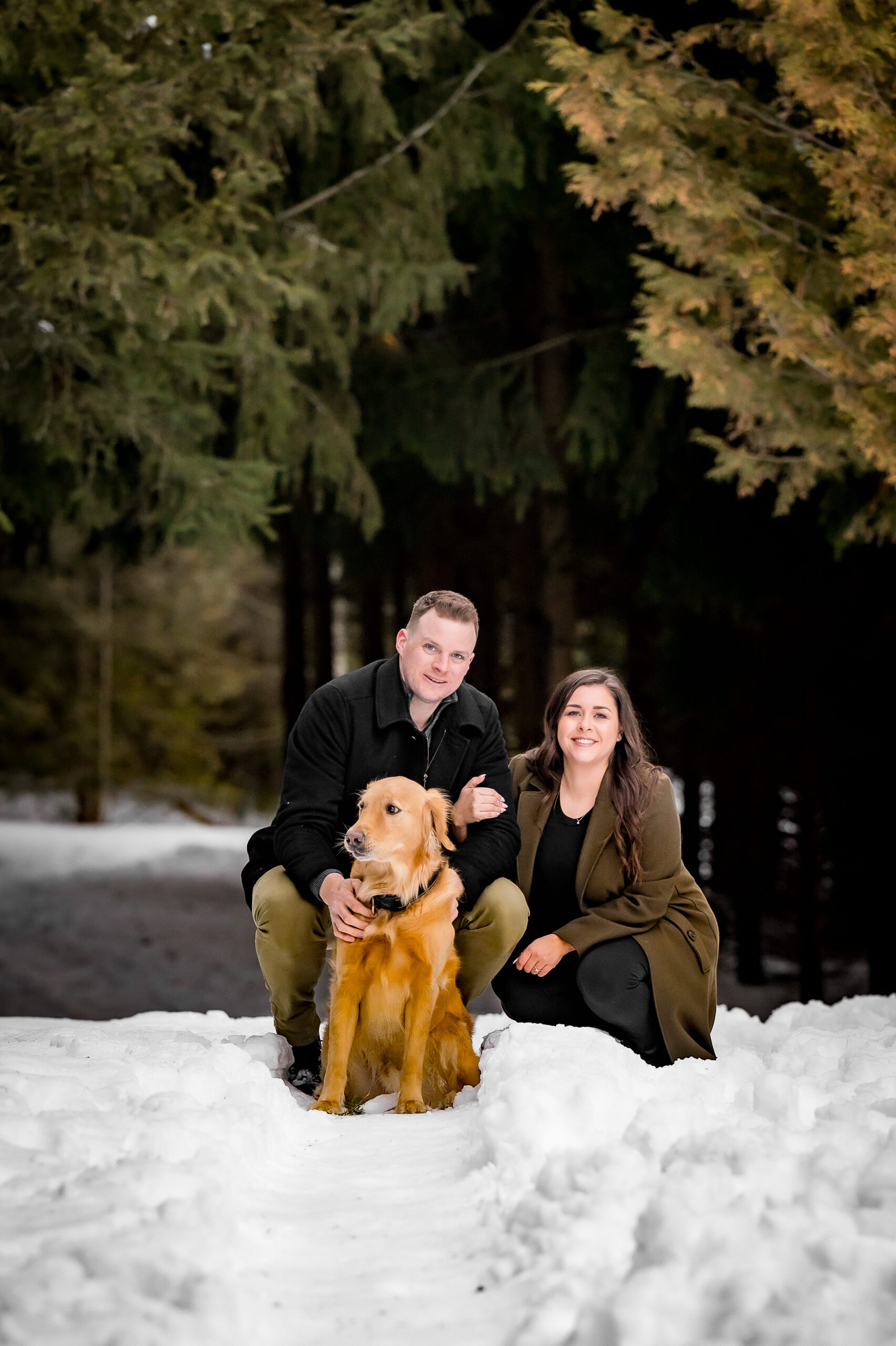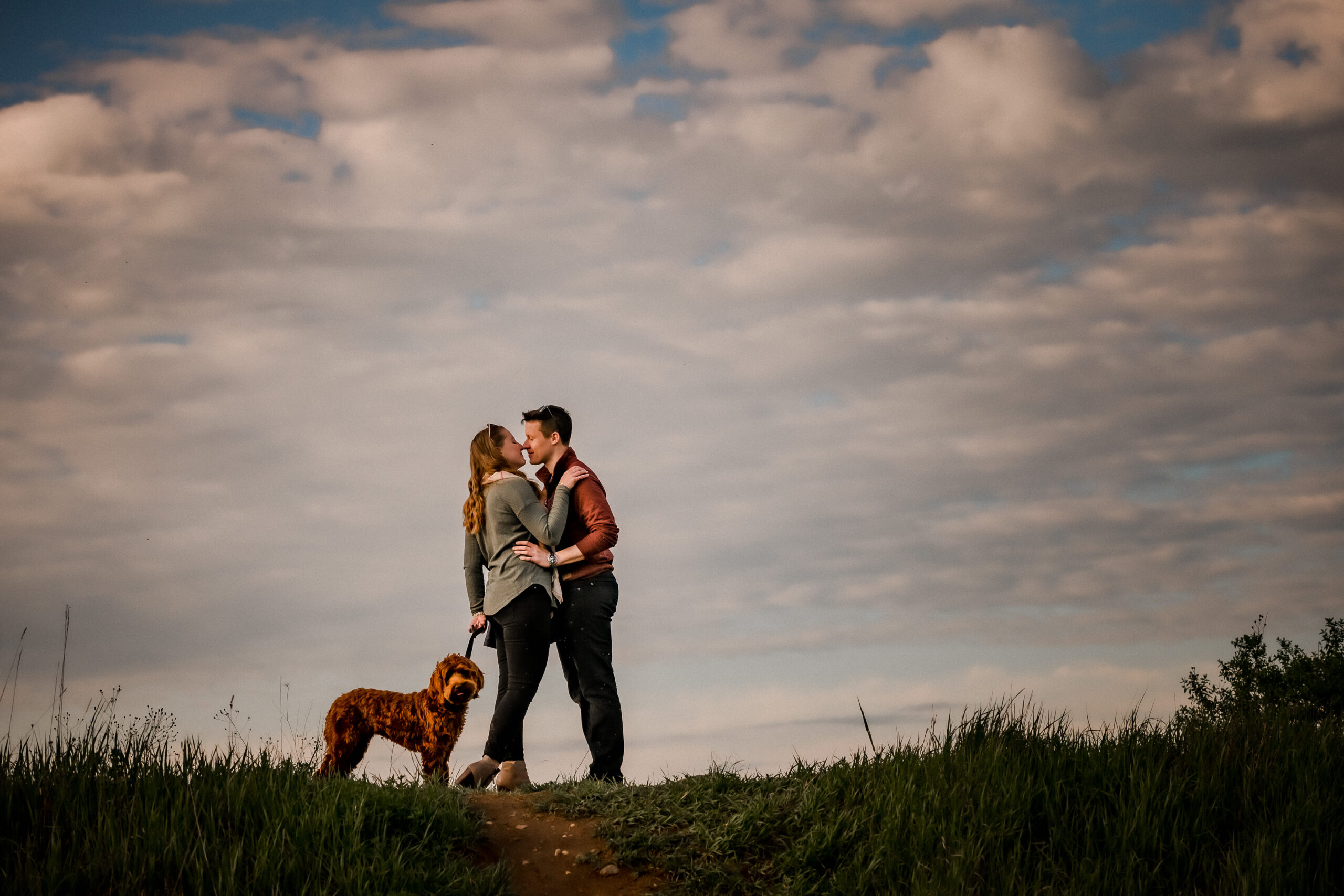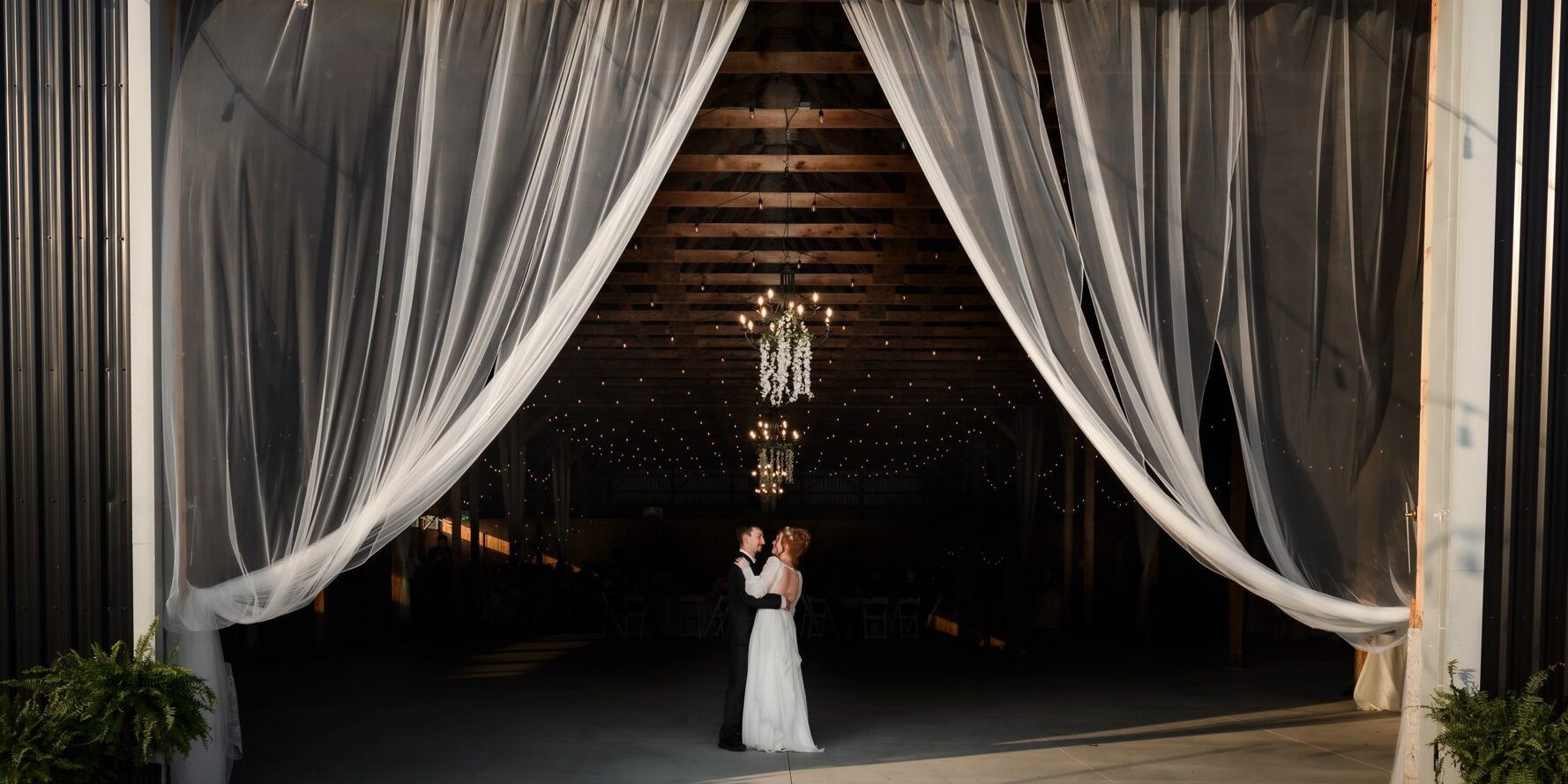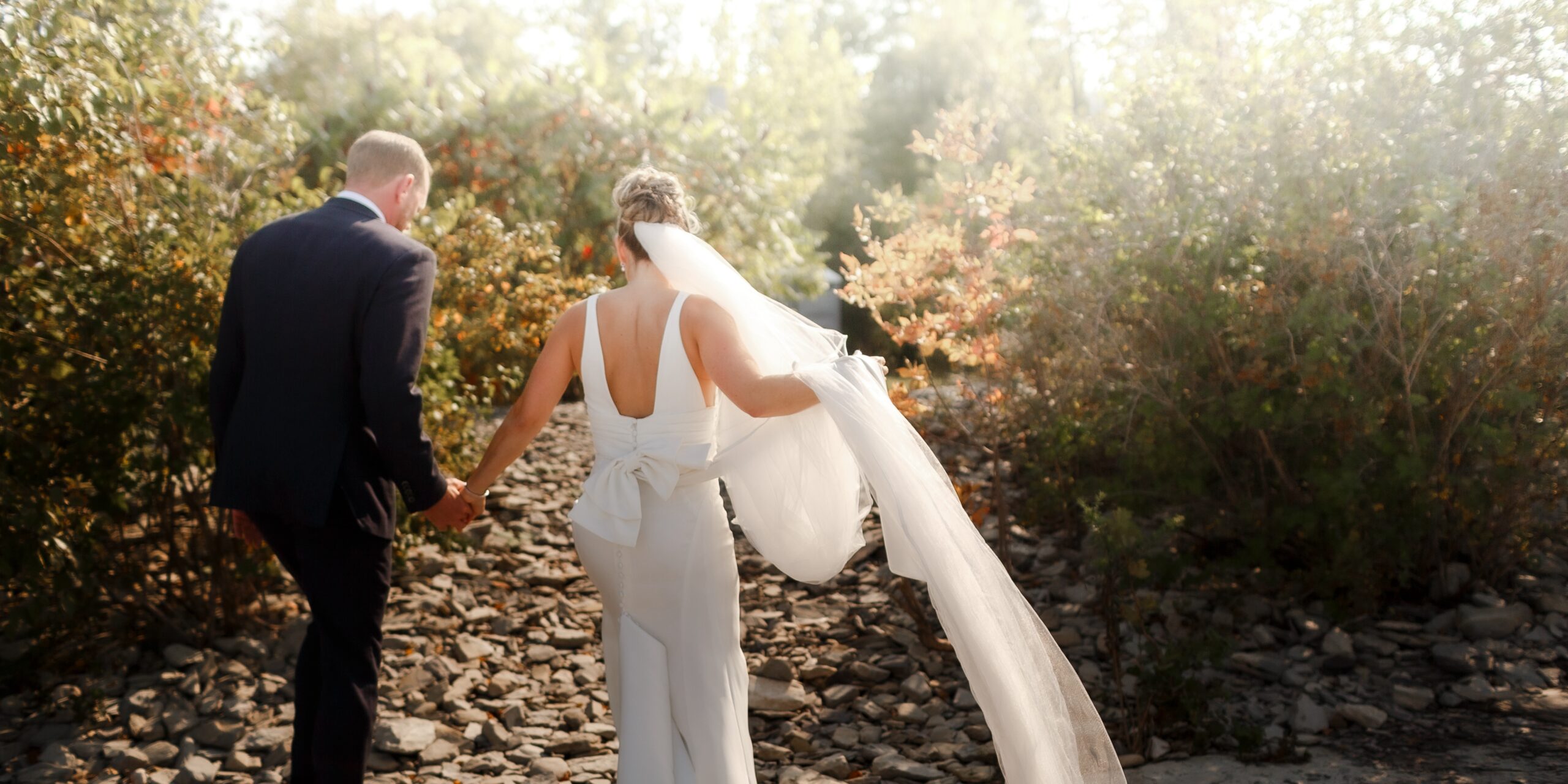featured posts
the JOURNAL
display
love on
RECENT POSTS
Read the post
In the midst of wedding planning, couples are frequently swept up in the chase of perfection, precisely organizing every aspect to create a faultless celebration of love. However, among the meticulously orchestrated moments, there is beauty in the unscripted, raw, and true. This is where unscripted photography excels, providing couples with a one-of-a-kind opportunity to […]
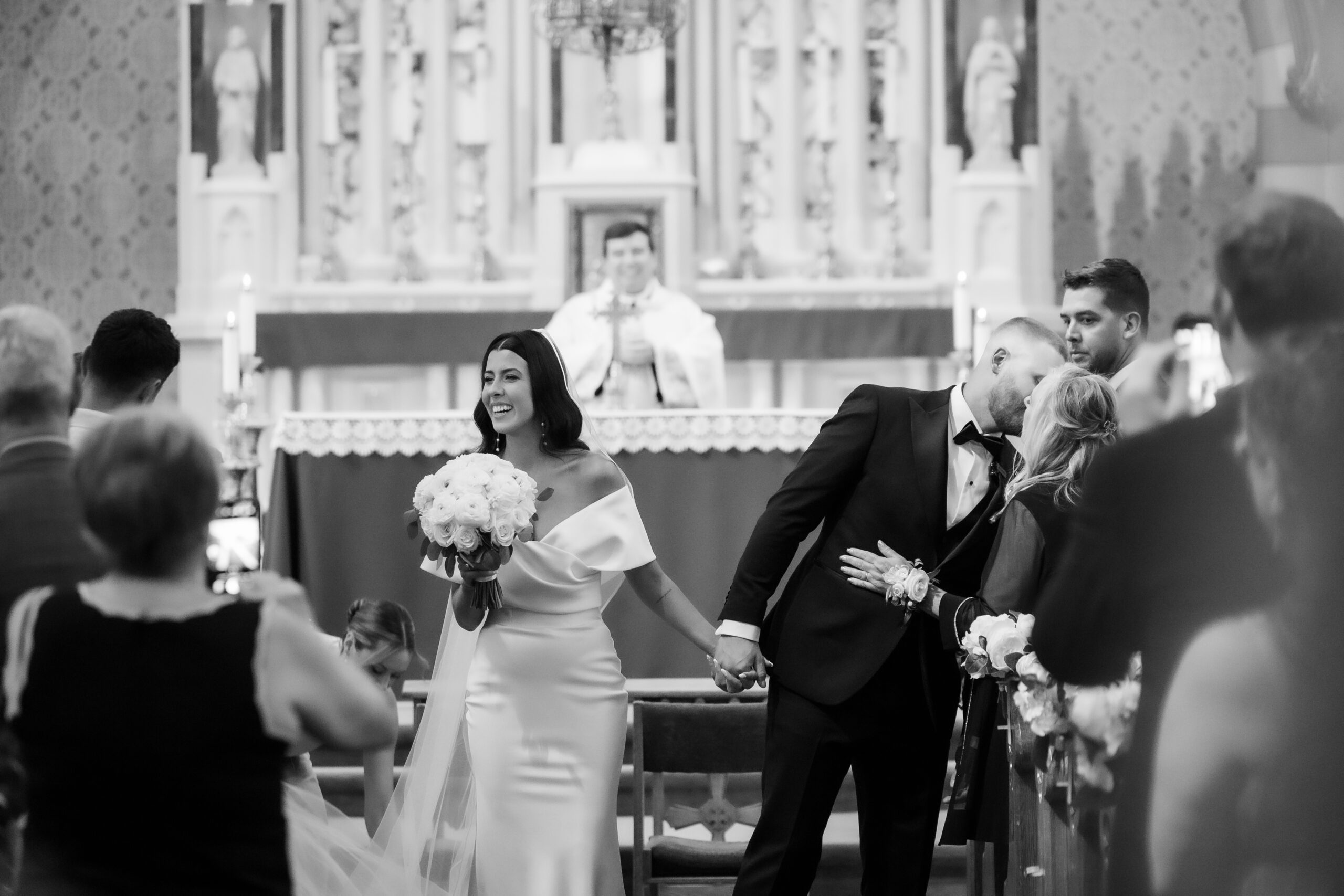
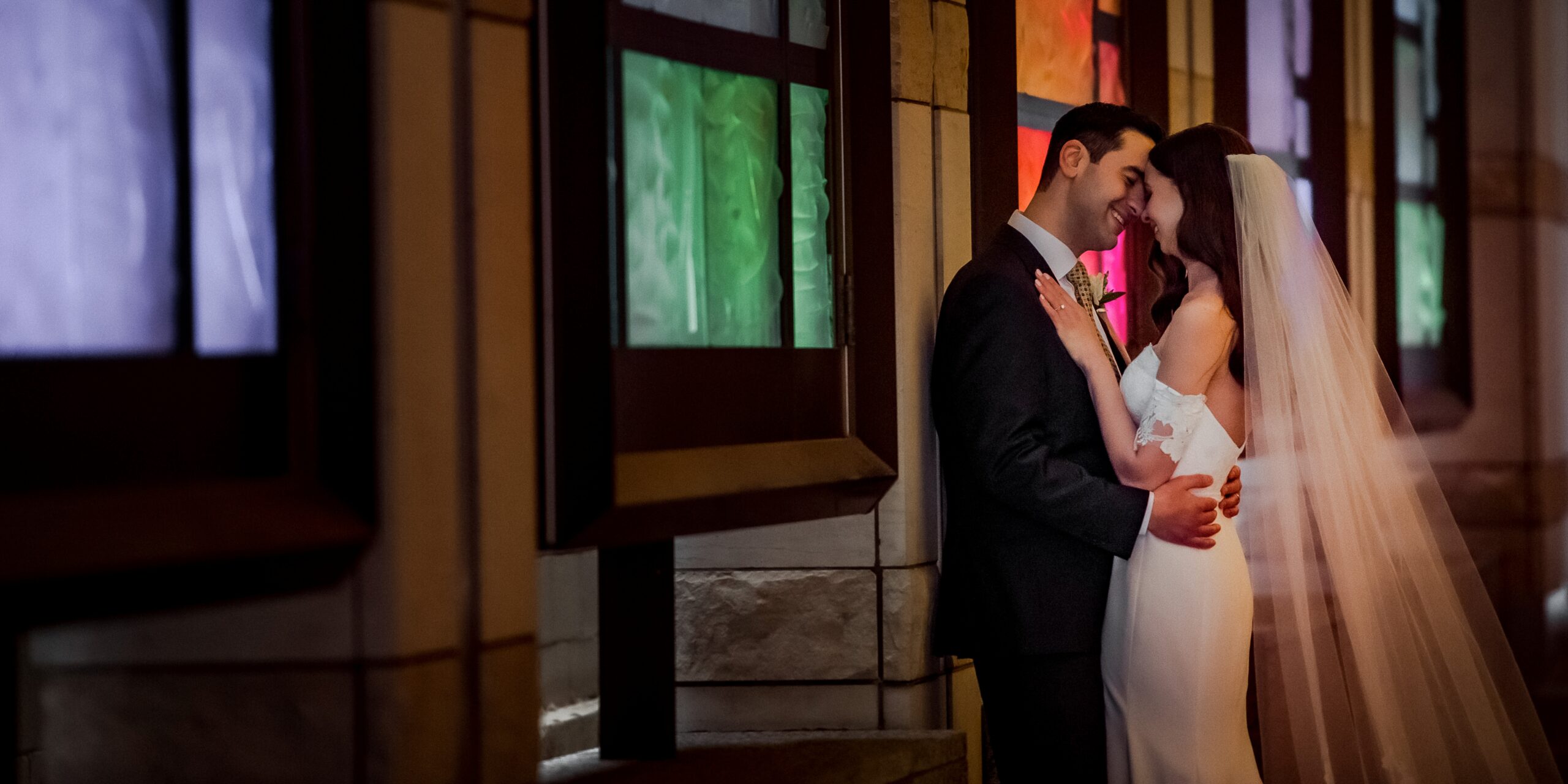
Read the post
In the heart of Toronto’s most beloved neighbourhood, Yorkville, lies a venue that not only stands out as a beacon of sophistication but also encapsulates the essence of an urban fairy tale wedding. Sassafraz, with its chic yellow façade and verdant living wall, offers a magical backdrop that promises an unforgettable wedding. Getting Ready Hotel: […]
